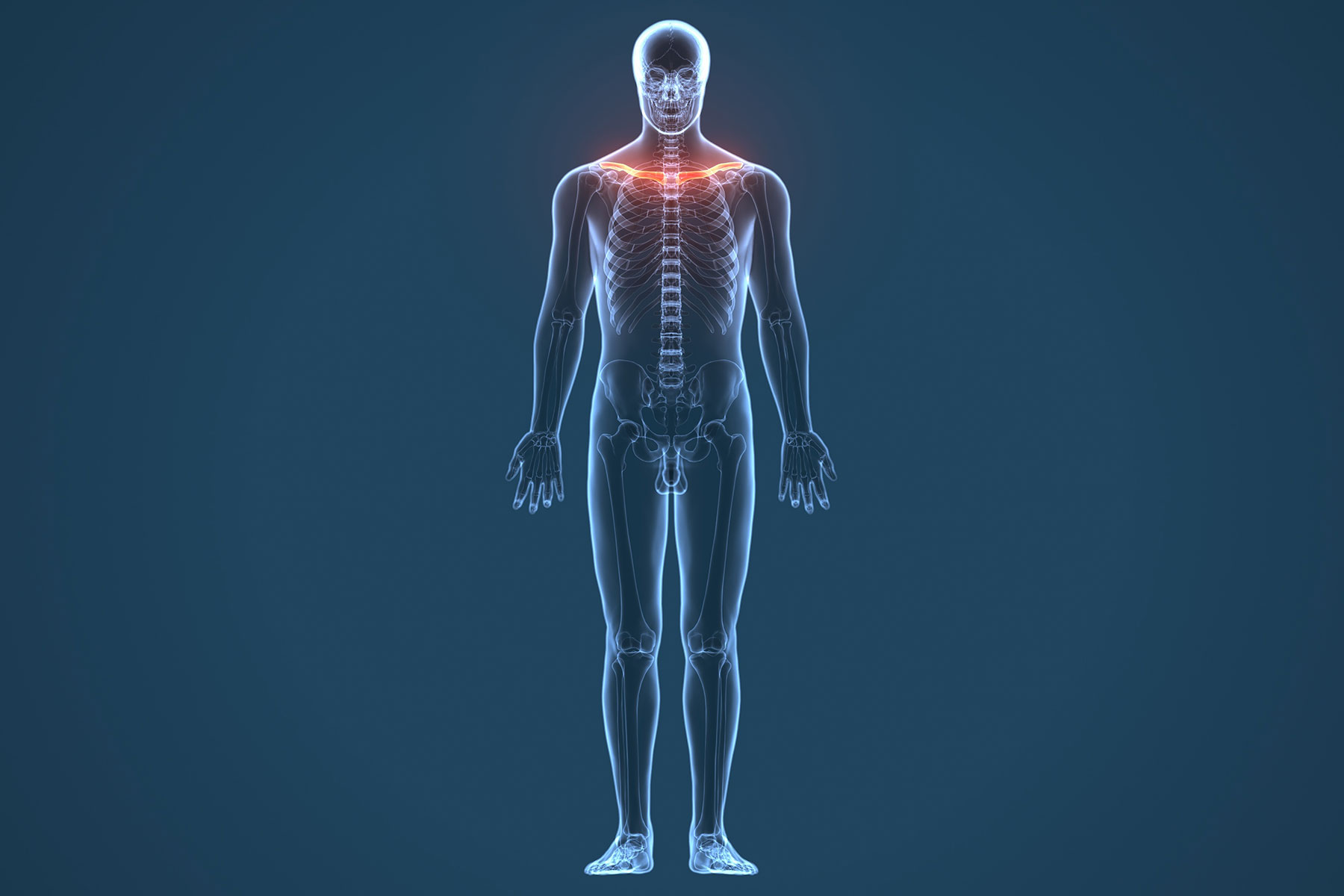Addiction is a chronic condition that causes compulsive substance seeking and use despite harmful consequences for the person and those around them. The brain can influence addiction in numerous ways, as it is the central control center for all bodily functions and behaviors. If you are wondering, “How does addiction impact the body?” Various mechanisms answer this question.
These include changes in the brain’s reward and pleasure pathways, normal neurotransmitter function disruptions, and overall brain structure alterations. Understanding these processes can help people with addiction better understand their condition and seek appropriate addiction treatment opotions.
The Effect of Addiction on the Brain
Addiction fundamentally alters the brain’s structure and function, creating a series of profound changes that drive the compulsive and destructive behaviors associated with the condition. These alterations transpire as substances or addictive behaviors repeatedly flood the brain’s reward system with dopamine, a neurotransmitter involved in pleasure and reward.
Over time, the brain adapts to this excessive dopamine rush by reducing its neurotransmitter production or the number of receptors that can receive signals. As a result, the brain’s reward center becomes less responsive, requiring higher doses of the substance or behavior to achieve the same high dopamine level. This is how addiction impacts the body. The brain changes instigated by addiction often lead to many adverse effects, including poor decision-making, stress, memory issues, and behavioral changes, further exacerbating the cycle of addiction.
The Impact of Addiction on Physical Health
Beyond the brain, addiction can wreak havoc on every system in the body. How does addiction impact the body physically? Regular substance use can lead to a wide range of serious health concerns.
The cardiovascular system may come under stress, with increased risks of heart attacks and strokes. The liver, tasked with metabolizing harmful substances, can become overloaded, leading to cirrhosis or liver failure. The immune system also weakens, making it more difficult for the body to fight off diseases.
Respiratory issues can arise from smoking substances, while intravenous drug use can result in collapsed veins and bacterial infections. Addiction can lead to malnutrition and dramatic weight loss due to a lack of interest in food and nutrition. These physical health implications underscore the destructive nature of addiction, emphasizing the urgency of seeking professional help and treatment.
The Psychological and Emotional Consequences of Addiction
Addiction does not only manifest itself physically. It also heavily affects an individual’s psychological and emotional well-being. How does addiction impact the body in terms of psychological health? It influences mood and behavior, often leading to mental health disorders such as depression, anxiety, and even psychosis.
At the emotional level, individuals struggling with addiction may experience feelings of guilt, shame, and hopelessness and often grapple with a sense of isolation. The cyclical nature of addiction involves substance use to cope with negative feelings, which then worsens those feelings and leads to more substance use. This self-perpetuating cycle is challenging to break without professional assistance.
Direct and Indirect Impact of Addiction on Emotional Health and Mental Well-Being
Addiction can have both direct and indirect effects on emotional health and mental well-being. Directly, the substances or behaviors involved in addiction can alter brain chemistry, leading to mood disorders such as depression and anxiety.
Indirectly, the lifestyle associated with addiction, including social isolation, financial difficulties, and legal problems, can cause significant emotional stress. People with addiction often use substances to cope with pre-existing mental health conditions, leading to a vicious cycle that exacerbates both the addiction and the mental health condition.
Direct effects on emotional health:
- Alteration of brain chemistry leads to mood disorders such as depression and anxiety
- Impairment of the brain’s ability to experience pleasure, leading to anhedonia
Indirect effects on mental well-being:
- Emotional stress caused by social isolation, financial difficulties, and legal problems
- Aggravation of pre-existing mental health conditions due to substance use
This intertwining nature of addiction and mental health conditions underscores the need for integrated treatment approaches that address both aspects simultaneously.
Find Healing with Addiction Treatment Today
Addiction is a powerful force, but remember, it is possible to find healing. Today’s advancements in addiction treatment offer an array of evidence-based approaches tailored to each person’s needs and circumstances. These may include medical detox, counseling, coaching medication, cognitive-behavioral therapy, holistic therapies, and support groups. Seeking professional help is not a sign of weakness but a brave step toward overcoming the cycle of addiction. Recovery is possible with determination, support from loved ones, and professional assistance.







